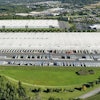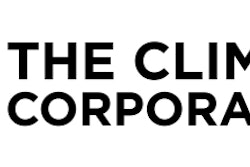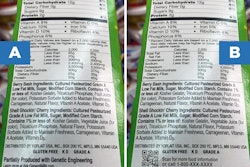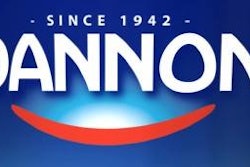
Critics of genetically modified organisms (GMO) were quick to object to two of the world’s largest farm suppliers – Bayer, a German drug and crop chemical maker, and Monsanto, the world’s largest maker of genetically modified seeds – proposed $66 billion mega-merger Wednesday that could potentially reshape the world’s food supply, according to Fox Business News.
“This deal is a disturbing step in the corporate consolidation of our global food supply. Monsanto owns approximately a quarter of the world’s seed supply and Bayer is one of the world’s top 10 chemical companies,” Megan Westgate, director of the Non-GMO Project, a non-profit group aimed at getting genetically modified organisms (GMOs) labelled, told Fox Business.com.
GMOs have been a controversial topic for decades and account for 75 percent of conventional processed foods currently in the U.S. And, according to Consumer Reports, 72 percent of Americans says they try to avoid buying them when they shop.
“GMO crops don’t offer any consumer benefits, and they pose a lot of risks. The public is increasingly demanding food that has not been genetically engineered or sprayed with chemicals,” adds Westgate.
Major food corporations are changing to keep up with consumer demand. Last year, Campbell’s Soup, General Mills, Mars, Kellogg’s and ConAgra Foods all announced they will label GMOs on their products.
“GMO has evolved to be a top consumer food issue reaching a critical mass of 92 percent of consumers in favor of putting it on the label,” Campbell’s CEO Denise Morrison said in a statement.
Now food activists are worried that this merger could result in more genetically modified crops in an already over-saturated U.S. market as well as other countries around the world that have banned or partially banned the seeds. There are at least 26 countries, including Russia, Italy, Poland, Greece, France, Hungary and Australia that have bans in place.
To read more, click here.














